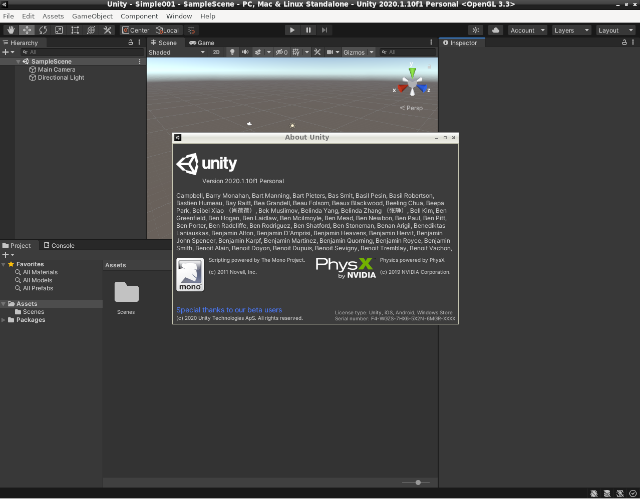You can create beautiful scrips and tools with this command.
The help for this command is this:
[mythcat@desk ~]$ xdotool -helpThis simulate a keystroke for key c:
m[mythcat@desk ~]$ xdotool key c
c[mythcat@desk ~]$ c[mythcat@desk ~]$ xdotool keydown c
c[mythcat@desk ~]$ cccccccccccccccccccccccccccccccccccccccccccccccccccc^C
[mythcat@desk ~]$ ^C[mythcat@desk ~]$ xdotool keyup c[mythcat@desk ~]$ xdotool key KP_Enter
[mythcat@desk ~]$[mythcat@desk ~]$ xdotool key shift+ctrl+txdotool click 3The next command get ID of terminal window currently in focus and then minimize it:
[mythcat@desk ~]$ xdotool getactivewindow windowminimize[mythcat@desk ~]$ xdotool search --name ""[mythcat@desk ~]$ xdotool search --name "New Tab -"
18874375[mythcat@desk ~]$ xdotool getactivewindow getwindowpid
3538[mythcat@desk ~]$ ps aux | grep 3538
mythcat 3538 0.3 0.4 601468 42500 ? Sl 11:42 0:05 lxterminal
mythcat 5713 0.0 0.0 221432 780 pts/1 S+ 12:07 0:00 grep 3538[mythcat@desk ~]$ xdotool getactivewindow windowmove 0 0[mythcat@desk ~]$ xdotool getmouselocation --shell
X=521
Y=339
SCREEN=0
WINDOW=16780805[mythcat@desk ~]$ xdotool getmouselocation 2>/dev/null | cut -d\ -f1,2 -
x:0 y:0
[mythcat@desk ~]$ xdotool getmouselocation 2>/dev/null | sed 's/ sc.*//; s/.://g; s/ /x/'
0x0[mythcat@desk ~]$ inkscape [mythcat@desk ~]$ xdotool search --name "inkscape" behave %@ focus getmouselocation
x:25 y:239 screen:0 window:16786173
x:25 y:239 screen:0 window:16786173
x:340 y:378 screen:0 window:16786173
x:340 y:378 screen:0 window:16786173
x:332 y:358 screen:0 window:16786173
x:332 y:358 screen:0 window:16786173
x:518 y:643 screen:0 window:16786173
x:518 y:643 screen:0 window:16786173
x:723 y:466 screen:0 window:16780805#! /bin/sh
sleep 1
inkscape > /dev/null 2>&1 &
sleep 3
my_app=xdotool search --sync --name 'inkscape'
xdotool windowactivate $my_app
xdotool mousemove 0 0
xdotool mousemove 25 239
xdotool click 1
xdotool mousemove 332 358 mousedown 1 mousemove 518 643
xdotool mouseup 1
sleep 1
exit[mythcat@desk ~]$ ./inkscape_xdotool.sh The output is an rectangle in inkscape with the default black color.

